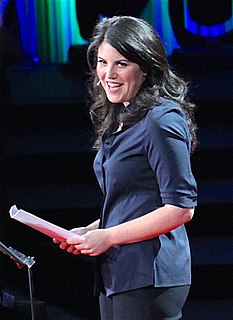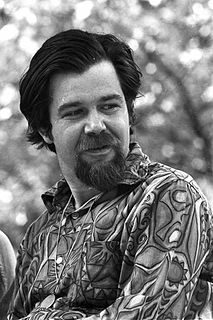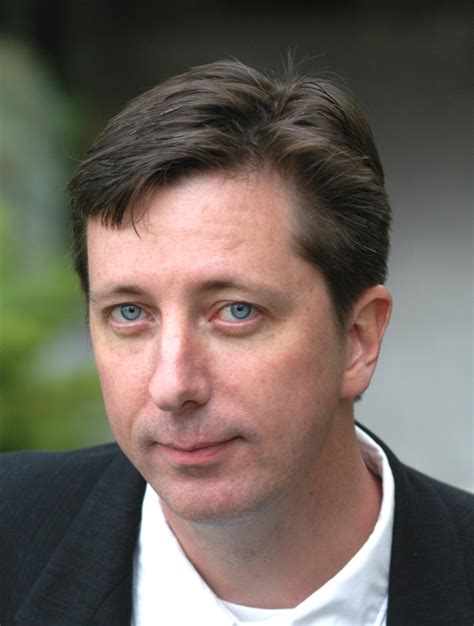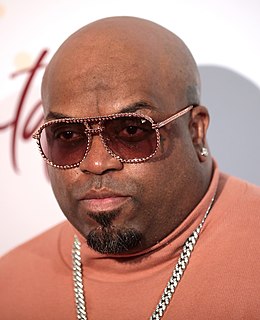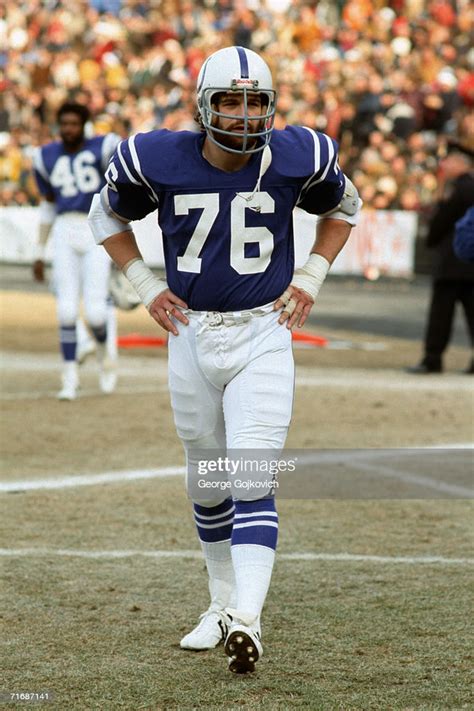A Quote by Lee Ranaldo
In a certain way, we felt almost like spies in the major label world. We were coming from some other world, and we somehow got our foot in the door and crept in and were prowling around, checking things out and taking back reports from the front.
Related Quotes
This is a world that is much more uncertain than the past. In the past we were certain, we were certain it was us versus the Russians in the past. We were certain, and therefore we had huge nuclear arsenals aimed at each other to keep the peace. That's what we were certain of... You see, even though it's an uncertain world, we're certain of some things. We're certain that even though the "evil empire" may have passed, evil still remains.
Phonogram was explicitly about our world. It’s a fantasy which is happening around us all, unnoticed except for those who’ve fallen into its world. In a real way, it’s real. Conversely, W+D is much more overt. The appearance of the gods changes the world, and has changed the world going back. There’s the strong implication that certain figures in our world simply didn’t exist in The Wicked And The Divine‘s world, because they were replaced by a god.
I never felt I was missing anything ever until one day I stopped long enough to smell the roses outside of this little treadmill I'd gotten myself onto and I realised there were other things that I like that I didn't know. I realised I didn't like certain things in my life that I then got rid of and it just opened the door to a plethora of other things that entered.
I can see,’ Miss Emily said, ‘that it might look as though you were simply pawns in a game. It can certainly be looked at like that. But think of it. You were lucky pawns. There was a certain climate and now it’s gone. You have to accept that sometimes that’s how things happen in the world. People’s opinions, their feelings, they go one way, then the other. It just so happens you grew up at a certain point in this process.’ ‘It might be just some trend that came and went,’ I said. ‘But for us, it’s our life.
Sometimes you can feel like the only person in the world to have struggled in a certain way and there is a shame around that. The way we deconstruct it all is by talking about it, by listening and even within our circles of friends and checking up on each other, making sure that if someone is going through something, they have someone to talk to.
The other thing that I got back then - the Parker novels have never had much of anything to do with race. There have been a few black characters here and there, but the first batch of books back then, I got a lot of letters from urban black guys in their 20s, 30s, 40s. What were they seeing that they were reacting to? And I think I finally figured it out - at that time, they were guys who felt very excluded from society, that they had been rejected by the greater American world.
All of us somehow felt that the next battleground was going to be culture. We all felt somehow that our culture had been stolen from us-by commercial forces, by advertising agencies, by TV broadcasters. It felt like we were no longer singing our songs and telling stories, and generating our culture from the bottom up, but now we were somehow being spoon-fed this commercial culture top down.
I know there were periods of times where I didn't feel understood, and there were very few people around me that I felt like they really got me. There was one person who was sort of the one in my life that really got me.In general, I felt a little bit on the outside and not totally included. There was a period of time when we were moving around a lot. So I couldn't really hold on to a certain set of friends. And so that was a little bit difficult.
9/11 was my first day teaching at Harvard University. My classes were all canceled and I got back to town two days later. I'm one of those people who doesn't think the world has changed any at all since 9/11. It just seemed to be almost inevitable, something like that. That's one of the reasons why the backstory of Fay Grim goes all the way back into the '80s. I was trying to sketch out the continuity of all this hanky-panky between the security agencies of the world.
If churches saw their mission in the same way, there is no telling what might happen. What if people were invited to come tell what they already know of God instead of to learn what they are supposed to believe? What if they were blessed for what they are doing in the world instead of chastened for not doing more at church? What if church felt more like a way station than a destination? What if the church’s job were to move people out the door instead of trying to keep them in, by convincing them that God needed them more in the world than in the church?
Living as if the world out there were somehow separate from us opens the door to the belief system of judgement and the chemical expressions of that judgment in our bodies. Thus we tend to see our world in terms of good germs and bad germs, and use words such as toxins and waste to describe the by-products of the very functions that give us life. It is in such a world that our bodies may become a combat zone for forces at odds with one another, creating the biological battlegrounds that play out




